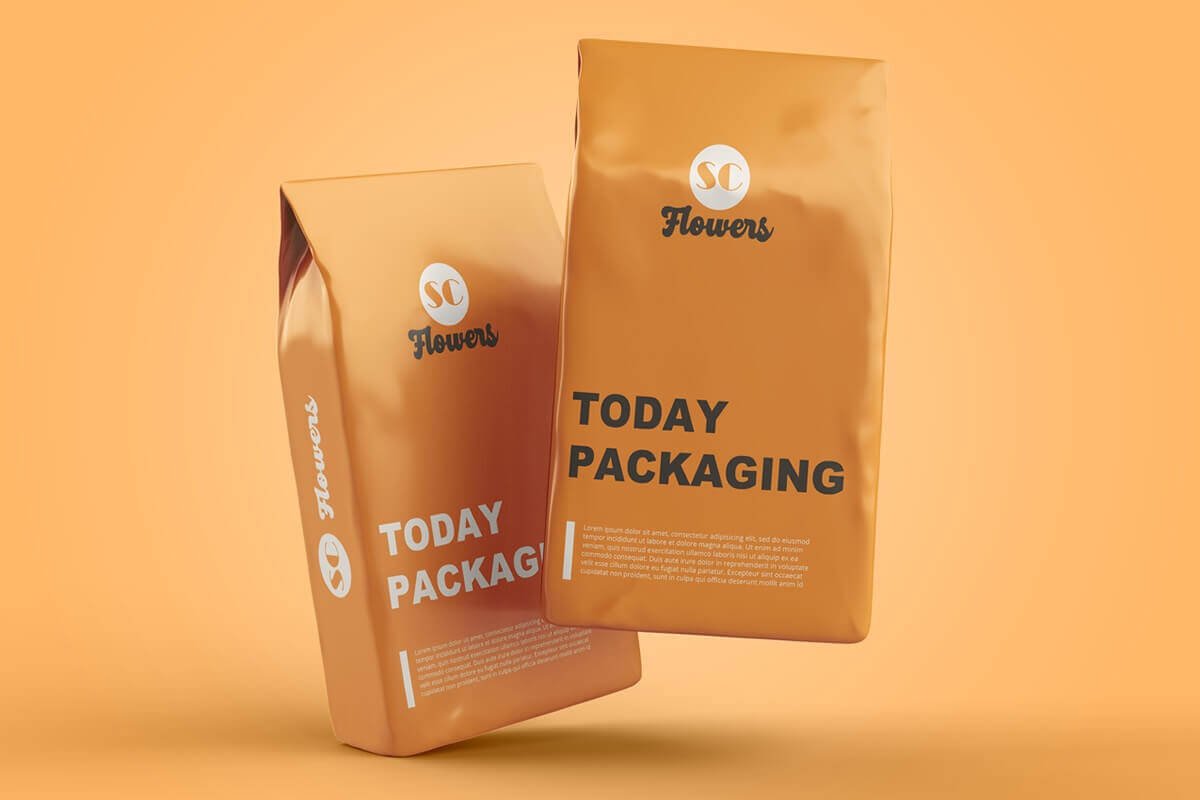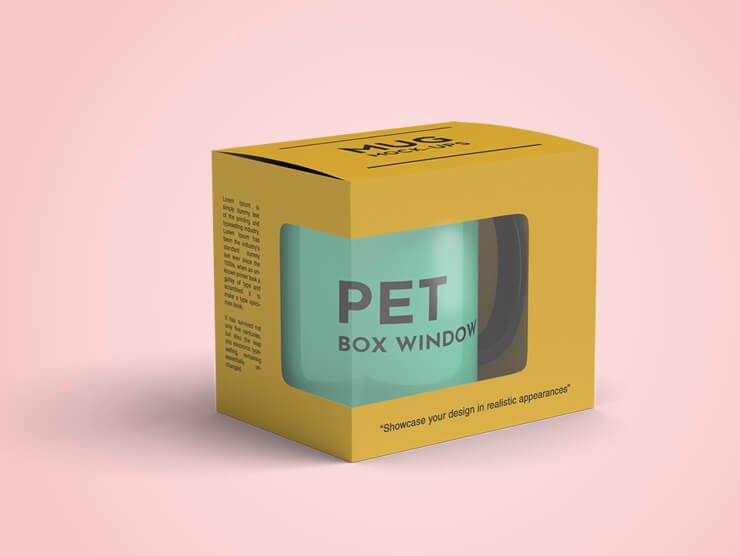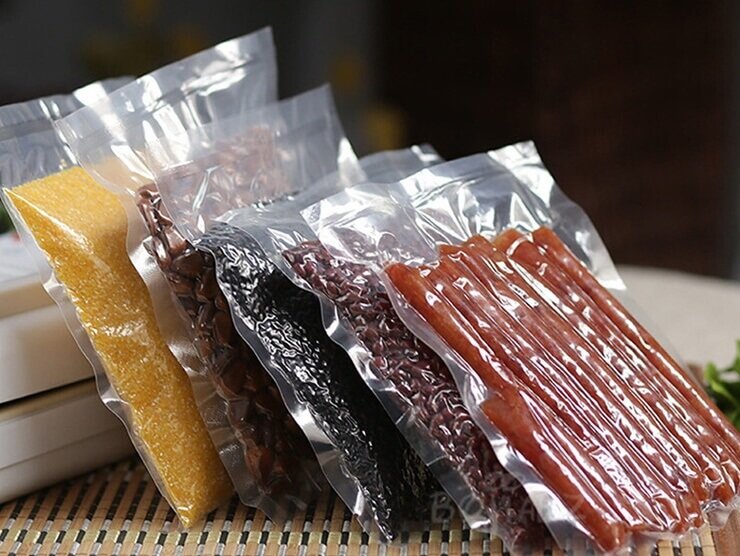More About BOPP Films
Today Packaging delivers high-quality BOPP film solutions for major brands in the consumer goods industry in Malaysia. Our exceptional range of packaging solutions have been carefully tailored and optimized over time. We constantly strive to meet the high performance and cost-effective needs of our customers.That’s the reason why Today Packaging is always be rated by our clients as the first-class plastic packaging consulting company in Malaysia.


BOPP stands for biaxially-oriented polypropylene. It’s a variant of polypropylene (PP). Polypropylene a thermoplastic polymer, alternately known as polypropene. It’s an ideal printing surface and can be made into labels and stickers, as well as textiles and a host of different plastic parts and materials.
BOPP is essentially polypropylene that’s stretched flat. It is oriented with a system that stretches it in two directions. This is where the “biaxially-oriented (BO)” part of BOPP comes from. The three most common processes for making biaxially-oriented polypropylene are the tenter frame sequential process, simultaneous tenter frame orientation, and the double bubble process.
Biaxially-oriented polypropylene shares the properties of other PP plastics, including ruggedness, fatigue resistance, moisture resistance, very low toxicity, flexible finishing options, as well a controllable transparency (manufacturers can make clear, non-transparent, or any translucency in between). Also, while they make long-lasting labels and stickers and easily printable, most off-the-shelf adhesives have trouble attaching themselves to the material. These qualities are perfect for long-lasting, food-safe labels and other common plastic film applications.
BOPP film can be white, metal-colored, or clear. The ability to make clear BOPP film allows the creation of transparent labels to show off the contents of clear containers. With the appropriate inks and adhesives, BOPP labels can also be waterproof. They labels immersed in ice-water or subjected to high-humidity without deteriorating. Labels made from BOPP are extremely tough. The material offers exceptional resistance to fatigue compared to other common label materials and has an unusual resistance to common solvents, bases, and acids.
For food labels, the film offers significant advantages. It’s non-toxic. The material’s also resistant to solvents and acids. Many food and beverage items, such as those containing tomatoes, citrus, or coffee, are quite acidic. Even when the items don’t directly touch the labels, there can be some off-gassing or limited contact during the manufacturing process that can stain or cause deterioration in other label materials. Using BOPP film for your labels can help mitigate this issue. These same properties make it well-suited for bottle labels, jar labels, and canning labels.
One of the biggest differences between regular polypropylene and BOPP is how they’re made. During manufacturing, regular polypropylene is extruded – a process that stretches and pulls the material through a die – in a single direction whereas BOPP is stretched in two directions, hence the name “biaxially.” This process gives the film some advantages over polypropylene, such as:














